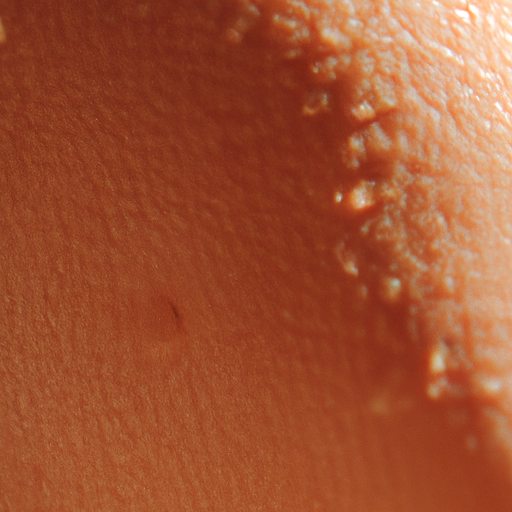As a medical professional, I have encountered numerous patients who struggle with oily skin, a condition that can lead to various skin issues such as acne, blackheads, and enlarged pores. This article aims to provide a comprehensive guide to managing oily skin effectively.
Oily skin is primarily caused by the overproduction of sebum, an oily substance produced by the sebaceous glands in the skin. While sebum is crucial for maintaining skin health by providing moisture and protection against harmful microbes, excessive sebum production can lead to oily skin and associated problems. Several factors contribute to this overproduction, including hormonal changes, genetics, diet, stress, and environmental conditions.
The first step in tackling oily skin is understanding your skin type. Everyone’s skin is unique, and what works for one person might not work for another. It’s essential to consult with a dermatologist or a skincare professional to help you understand your skin better and recommend suitable products.
A crucial part of managing oily skin is maintaining a consistent skincare routine. This should include cleansing, toning, moisturizing, and applying sunscreen.
Cleansing is vital for removing excess oil and impurities from the skin. However, it’s essential to avoid harsh cleansers that strip the skin of its natural oils, as this can trigger the skin to produce even more oil. Opt for gentle, oil-free cleansers designed for oily skin.
Toning helps restore the skin’s pH balance after cleansing and removes any residual oil or dirt. Look for alcohol-free toners with ingredients like witch hazel or salicylic acid that can help control oil production without drying out the skin.
Despite what you might think, moisturizing is essential even for oily skin. Skipping this step can cause your skin to produce more oil to compensate for the lack of moisture. Choose oil-free, non-comedogenic moisturizers that won’t clog your pores.
Sunscreen is a must for all skin types to protect against harmful UV rays. For oily skin, opt for a lightweight, oil-free sunscreen that won’t leave your skin feeling greasy.
Diet and lifestyle changes can also significantly impact your skin’s oil production. Consuming a balanced diet rich in fruits, vegetables, lean proteins, and whole grains can help regulate sebum production. Limiting the intake of processed foods, sugars, and unhealthy fats can also contribute to healthier skin.
Regular exercise can help regulate hormones that influence oil production. Additionally, managing stress through mindfulness practices like yoga or meditation can also help as stress can trigger an increase in oil production.
Lastly, it’s essential to stay hydrated. Drinking plenty of water helps maintain the skin’s moisture balance and aids in detoxification, which can help control oil production.
In some cases, if oily skin persists despite these measures, it might be necessary to consult with a dermatologist who may prescribe topical treatments or medications to help control excessive sebum production.
In conclusion, managing oily skin requires a combination of consistent skincare, a balanced diet, regular exercise, stress management, and adequate hydration. Remember, everyone’s skin is unique, and what works for one person may not work for another. Therefore, it’s crucial to understand your skin type and consult with a skincare professional or dermatologist for personalized advice.



